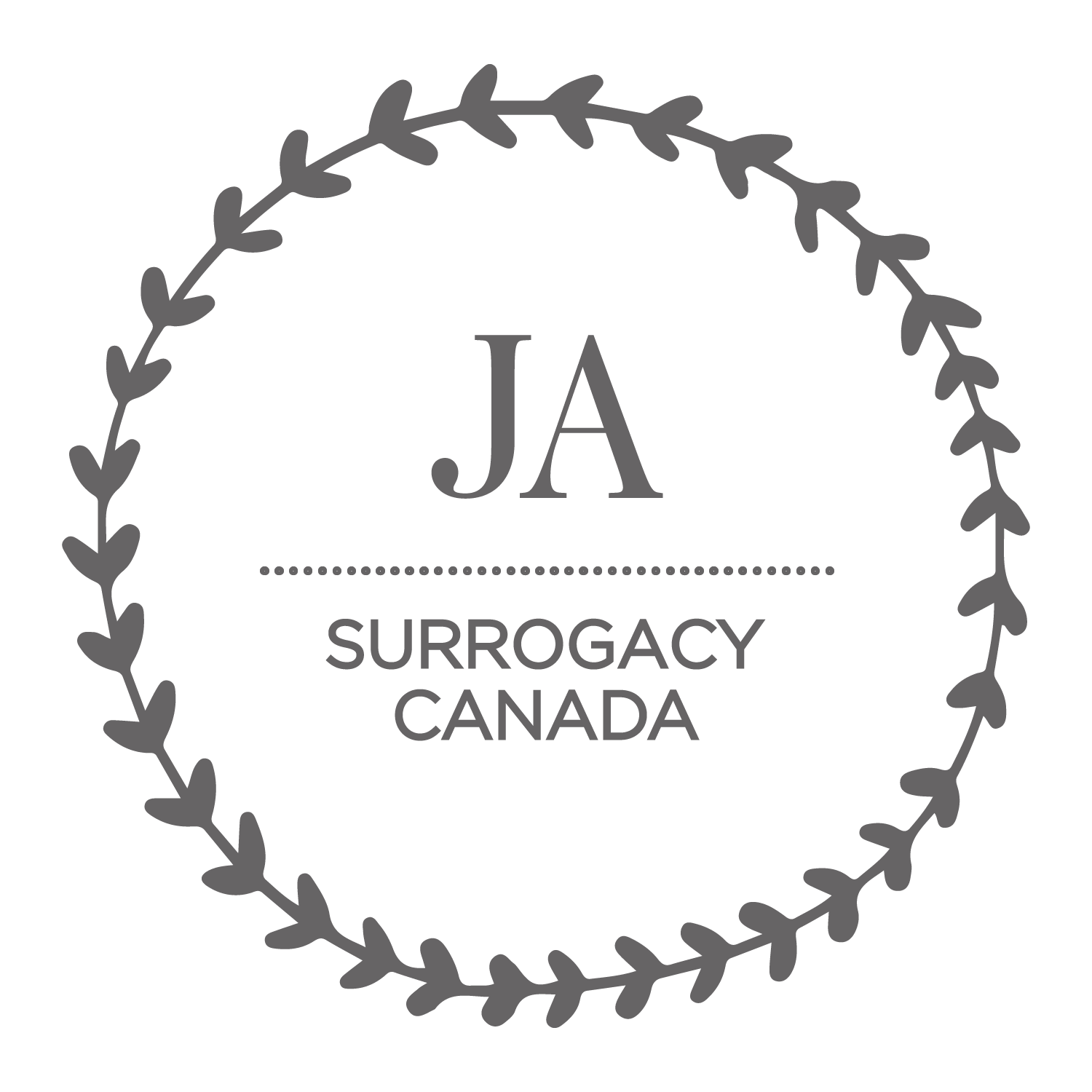General Surrogacy FAQs
What is surrogacy?
Surrogacy is an arrangement, often supported by a legal agreement, whereby a woman (the surrogate mother) agrees prior to conception to bear a child for another person or persons, who will assume legal parentage of the child after birth.
Who needs surrogacy?
People may seek a surrogacy arrangement when pregnancy is medically impossible, when pregnancy risks are too dangerous for the intended mother, or when a single man or a male couple wish to have a child. Surrogacy is considered one of many assisted reproductive technologies, including surrogacy via IVF.
Who is a good candidate for becoming a surrogate?
All our gestational carriers must meet the following criteria:
Be between the ages of 21-49
Have delivered one or more child(ren) of your own
Have experienced healthy pregnancies and births
Have had 6 or less vaginal births or 3 or less caesarean births
Be a non-smoker, and have limited exposure to second hand smoke
Be a non-drug user (this includes the use of medical cannabis)
Be willing to undergo a medical and psychological assessment for both yourself and your partner
BMI 45 and under
What are the first steps to become a surrogate?
The first step to becoming a surrogate is to fill out the surrogate mother application. We will connect with you and create your profile at which point we will begin the matching process with potential intended parents. Once a match has been made you would begin the medical screening and legal work. Contracts will be drawn for all parties at which point you move to the transfer stage. Once a pregnancy is confirmed we continue to support you along your journey until birth and then through your postpartum period.
Is surrogacy legal in Canada?
Yes, surrogacy is legal in Canada. Anyone who has had a child/children of their own and would like to carry a child as a surrogate mother is legally able to do so. The Assisted Human Reproductive Act (AHRA) is the federal legislation governing body that sets out the legal guidelines surrounding surrogacy in Canada. While it is prohibited to pay a surrogate a fee and/or compensation, the AHRA does permit that a surrogate may be reimbursed for reasonable out of pocket expenses as they relate to the surrogacy process. For more information, please see Surrogate FAQs.


